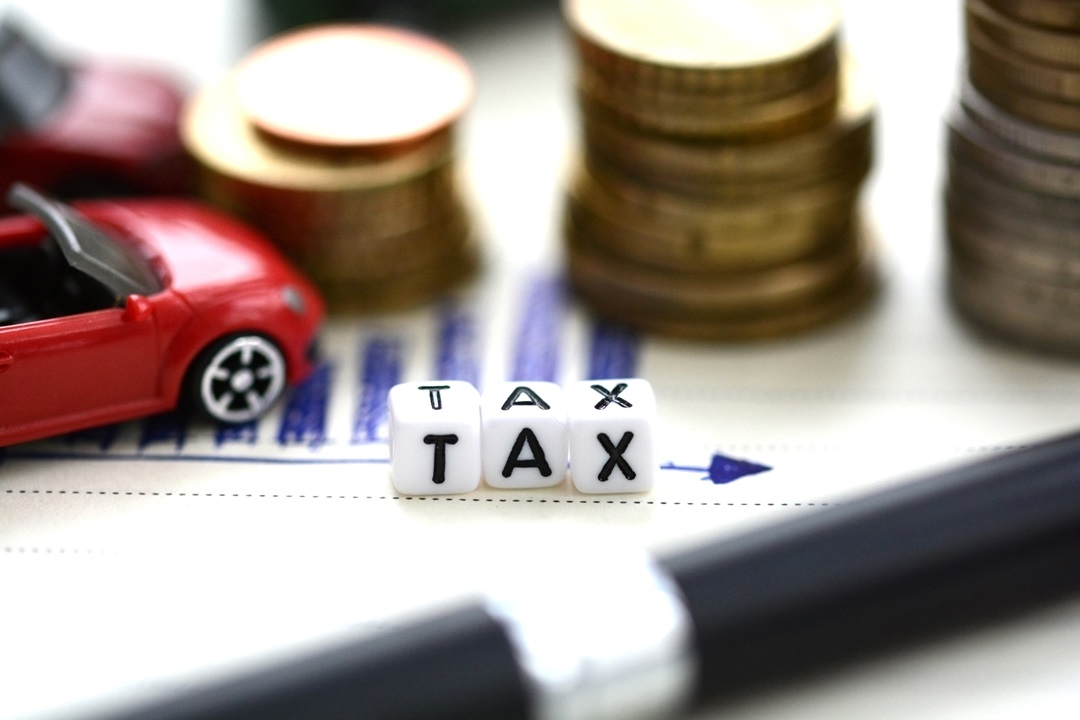Best things about using your tax return to buy a car and the do's and dont's.....
As tax season approaches, many individuals find themselves eagerly anticipating their tax return. For some, this annual windfall presents an opportunity to make significant financial decisions, such as purchasing a new car. However, navigating the process of using your tax return to buy a car requires careful consideration and strategic planning. In this blog post, we will explore the do's and don'ts of using your tax return to buy a car, helping you make informed decisions that align with your financial goals. So here are the do's and dont's in using your tax return to buy a car.....

The Do's:
- Evaluate Your Financial Situation: Before rushing into any major purchase, take a moment to assess your overall financial health. Consider factors such as outstanding debts, emergency savings, and other financial obligations. Understanding your financial standing will help you determine how much of your tax return can be allocated to the car purchase without jeopardizing your financial stability.
- Set a Realistic Budget: Establishing a realistic budget is crucial when using your tax return to buy a car. Consider not only the upfront cost of the vehicle but also ongoing expenses like insurance, maintenance, and fuel. Ensure that your budget is sustainable and aligns with your long-term financial goals.
- Explore Financing Options: While using your tax return as a down payment is a great start, you may need additional financing for the purchase. Research different financing options, such as auto loans, to find the most favorable terms and interest rates. A pre-approved loan can also provide you with a clear understanding of your budget and negotiating power.
- Research Vehicle Options: Before heading to the dealership, research different vehicle options that suit your needs and budget. Consider factors such as fuel efficiency, maintenance costs, and resale value. Having a specific model or range of models in mind will make the car-buying process smoother and help you avoid impulsive decisions.
- Consider Used Cars: Used cars often provide excellent value for money, allowing you to get a reliable vehicle at a lower price compared to a new one. Research the history of the used car, get a pre-purchase inspection, and ensure that it meets your requirements. Many used cars still have the majority of their lifespan ahead and can be a wise investment.
- Negotiate Effectively: Don't hesitate to negotiate the price of the car with the seller. Armed with research on the fair market value of the vehicle and your financing options, you'll be better equipped to negotiate a deal that suits your budget. Be assertive but respectful during the negotiation process.

Teenage girl (17-19) sitting in car, parents in background, portrait
The Don'ts:
- Overestimate Your Budget: One common mistake when using a tax return to buy a car is overestimating your budget. While it's tempting to spend the entire tax return on a new vehicle, it's crucial to remember that additional costs such as insurance, taxes, and maintenance should be factored into your budget.
- Forget Additional Costs: As mentioned earlier, the upfront cost of the car is just one part of the equation. Forgetting about ongoing expenses such as insurance, maintenance, and fuel can lead to financial strain down the road. Make sure to include these costs in your budget to get a comprehensive understanding of the true cost of ownership.
- Skip the Inspection: Whether you're buying a new or used car, never skip the inspection process. A thorough inspection can uncover potential issues that may not be apparent during a test drive. If you're purchasing a used car, investing in a pre-purchase inspection by a qualified mechanic can save you from future headaches and unexpected expenses.
- Rush the Decision: Impulsive decisions rarely lead to the best outcomes. Take your time during the car-buying process to research, negotiate, and make an informed decision. Rushing into a purchase without careful consideration can result in buyer's remorse and financial strain.
- Neglect Your Credit Score: Your credit score plays a crucial role in securing favorable financing terms. Before applying for an auto loan, check your credit score and take steps to improve it if necessary. A higher credit score can help you qualify for lower interest rates, saving you money over the life of the loan.

Conclusion
Using your tax return to buy a car can be a smart financial move if approached with careful consideration and planning. By evaluating your financial situation, setting a realistic budget, exploring financing options, researching vehicles, considering used cars, and negotiating effectively, you can make the most of your tax return and drive away with a reliable vehicle that aligns with your financial goals. On the flip side, avoiding common pitfalls such as overestimating your budget, forgetting additional costs, skipping inspections, rushing decisions, and neglecting your credit score will contribute to a positive car-buying experience. Remember, a well-thought-out approach will not only help you acquire the car you desire but also contribute to your overall financial well-being. Now you know the best things about using your tax return to buy a car and the do's and dont's!
